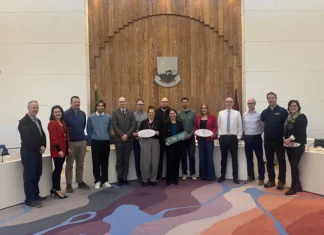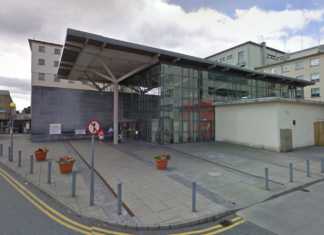One of the biggest changes to the Irish economy in the coronavirus pandemic has been the extraordinary amount of people who are now working remotely from home.
This radical shift happened practically overnight for many, and while some may have had experience with working remotely in the past, other were forced to figure out on the fly how to organise their work life, communicate with colleagues, and more.
To get a better understanding of how this paradigm shift in working culture is affecting people, NUIG and the Western Development Commission have launched a national survey to gather data on people’s experiences.
This project is being led by Professor Alma McCarthy, Professor Alan Ahearne and Dr Katerina Bohle-Carbonell at NUI Galway and Tomás Ó Síocháin and Deirdre Frost at WDC.
Speaking about the national survey, Professor Alma McCarthy said there has been anecdotal evidence so far about the different ways people are coping with the change.
“Some are finding it very difficult to adjust to remote working with no social contact with colleagues and the need to self-structure their work”.
“Others have significant challenges managing caring responsibilities with work, and yet others are enjoying the absence of the morning and evening commute, and report higher productivity levels.”
The NUI Galway and WDC COVID-19 Remote Working Survey will gather data about the following questions:
- How are employees adjusting to remote working?
- What is going well and what changes would employees suggest?
- How are employees responding to remote working from a well-being perspective?
- How is remote working impacting employee productivity?
- What lessons can be learned about remote working that could be retained/sustained post-COVID-19?
WDC CEO Tomás Ó Síocháin said “the move to remote working has allowed many, but not all, employees to continue to work during the current crisis.”
“The WDC has published a significant body of work on how remote work has developed over many years so this anonymous survey will help to shape national policy.”
“As well as improving individuals’ quality of life, working part-time or fulltime from home or from a hub can make a huge difference to rural and regional communities.”
The research team will analyse the findings of the survey and make them publicly available on NUI Galway’s Whitaker Institute website and on the WDC website.
The data and study findings will be available to inform employers about employee experiences of remote working.
The research team will provide recommendations for employers on how to better manage remote working in the current crisis as well as more generally.
To complete the survey visit bit.ly/covid19remoteworking












